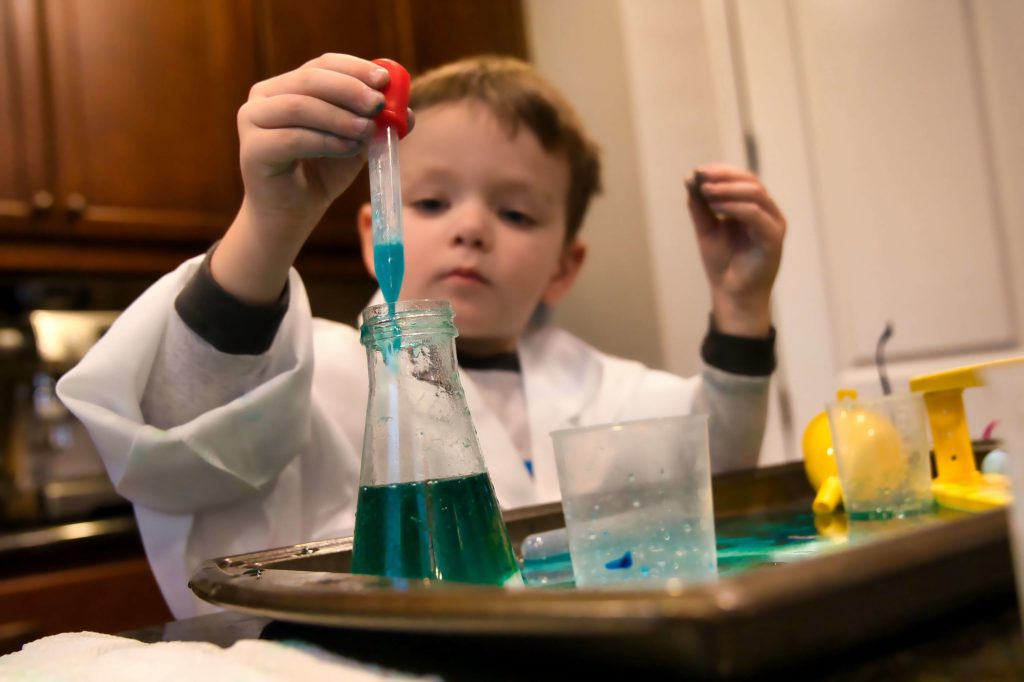Even in preschool, children are ready to begin learning about the physical sciences that govern our universe. It doesn’t cost a lot of money, and the result is children who have a better, more practical understanding of the planet they live on. These 4 simple science activities will get you started, and more are sure to come to mind as your children work with these.
- Learning About Rainbows
Rainbows intrigue Montessori preschool kids and are often introduced through art. But small kids are curious and learning what makes a rainbow can be demonstrated and tested using a clear container of water, a bright flashlight, and a sheet of construction paper. Experiment with shining the light through the water so that it projects refracted light onto the paper, moving the light up and down, or shining it from different angles.
- Growing Plants
Biology often focuses on growing plants in early learning environments because they are easy to sprout and require a minimum amount of care. You can start by sprouting seeds that are loosely wrapped in tissue paper, stored in an egg carton, and moistened daily. This activity is perfect for encouraging children to keep a journal because they can monitor the progress of the seeds every day from the time germination begins until the young plant is placed in the soil, and through the growth cycle of the plant.
- Magnetic Forces
Magnets and magnetism are fascinating subjects, especially for small children who are eagerly trying to learn as much as they can about everything they experience. In preschool, making magnet-driven toys can be as simple or complex as the class is developed for. Start with a small toy with a magnet taped to the front or back, and then use a second magnet to pull or push the toy without physically touching it.
- Kitchen Chemistry
Cooking is chemistry. It involved mixing ingredients that combine to form new substances that often taste or smell different than any of the individual ingredients used. In preschool, this can be an activity as taste-testing ingredients mixed together, but over time can be expanded to demonstrate more advanced kitchen-related concoctions.
As you see, science for preschoolers can be both easy and fun. But perhaps the best part of science in a Montessori environment is that it encompasses more academic subjects in the process, including math, language, and practical life skills such as measuring and pouring.
